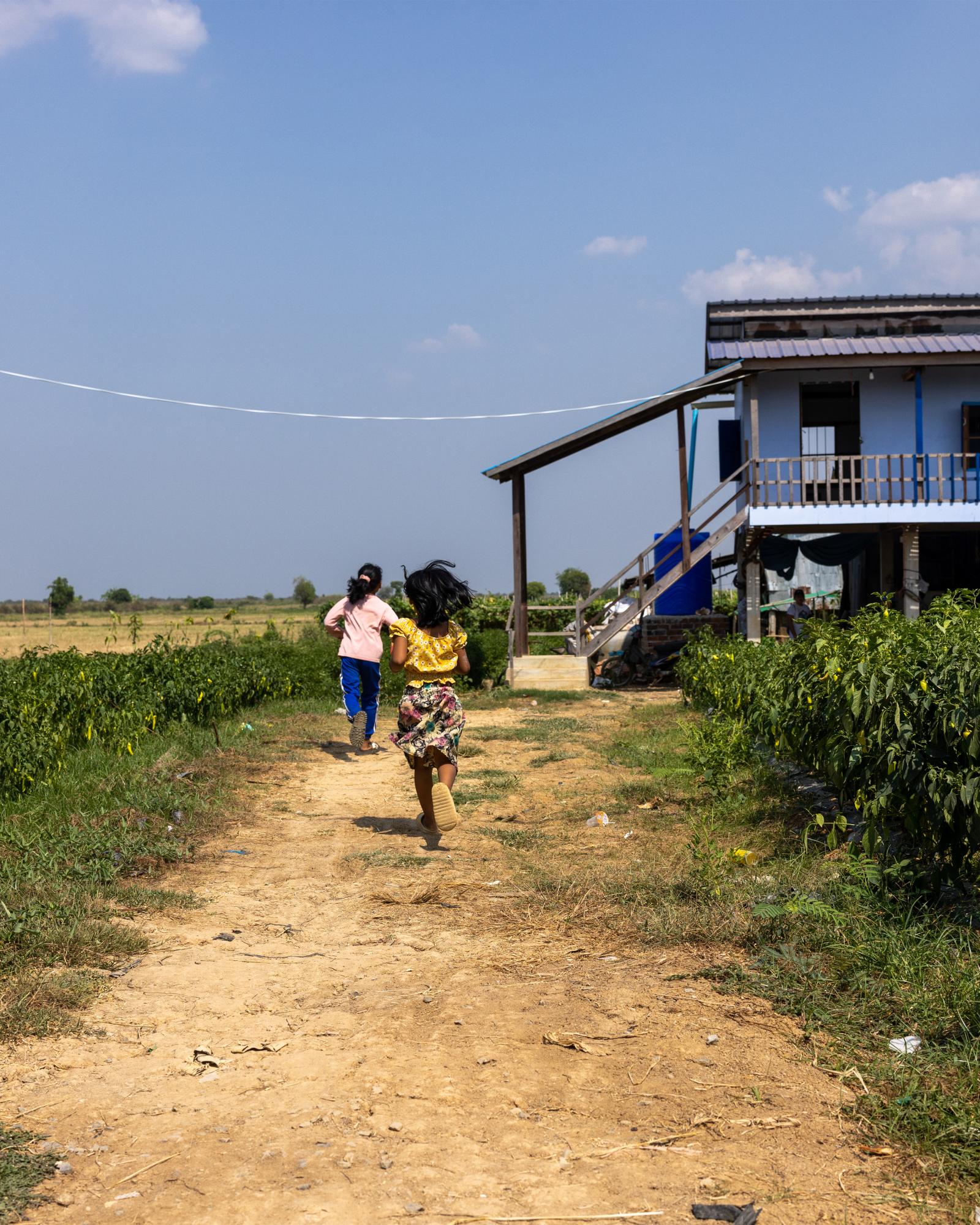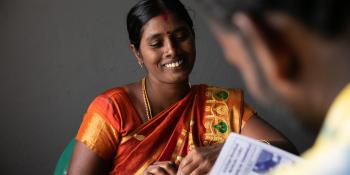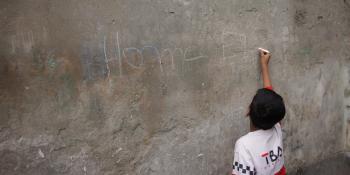
Challenges
A lack of latrines leads to open defecation, poor hygiene and health problems.
There are practical challenges. Most families do not have the money or technical know-how needed to build a latrine. Materials and equipment are required. Water supplies are inadequate.
Cultural barriers to decent sanitation are equally important. Deep-rooted behaviors are difficult to change. Multi-generational norms persist. New and better practices are not always sustained.
Government programs to help marginalized groups build homes do not currently include the construction of latrines.
Solution
This project will support families who are the most vulnerable and living in extreme poverty in Quang Nam.
Our approach:
- We will build and show examples of good, affordable latrines.
- Grants will enable families to buy locally available materials and equipment to build their own.
- Water supplies will be upgraded. Technical assistance will ensure that all latrines are constructed to a decent standard. Training will include maintenance and waste management.
- We will raise awareness in communities on the need for hygiene and sanitation. Culturally appropriate methods will create and sustain changes in behaviors.
- Our team will advocate for latrines to be included in the government’s housing program.
Timescale: The project would be completed within 12 months. The start date could be dependent on local factors such as the rainy season. During the construction phase latrines should, on average, be completed at a rate of around 20 per month.
Results and benefits
We will help 120 families to build and maintain their own latrines. With four or five people in each household, this will directly improve the living conditions of around 500 individuals.


Over time, there should be much lower rates of hygiene-related illnesses.
Not just for the families involved, but for the wider community.
This should reduce healthcare costs and leave families with more money for other necessities.
Scale-up
The need in Quang Nam is great. We estimate that around 2,000 households living in extreme poverty lack latrines.
The project can be scaled up. Please request a tailored proposal if a higher level of co-funding is possible.
Get involved
The co-funding organization could have opportunities to participate. For example, staff could join the completion ceremony with local government officials.

